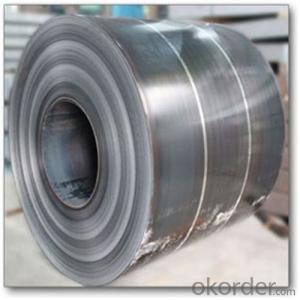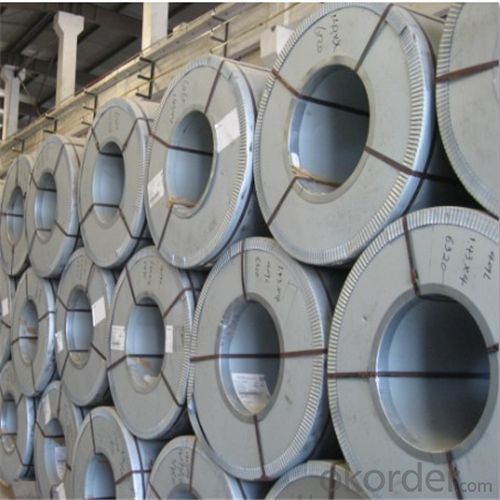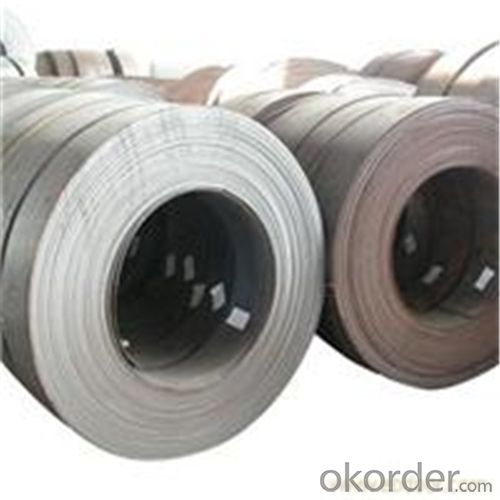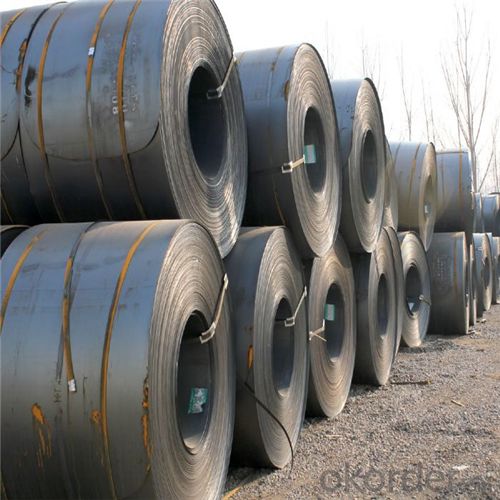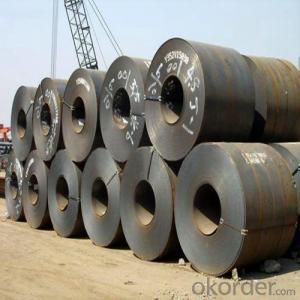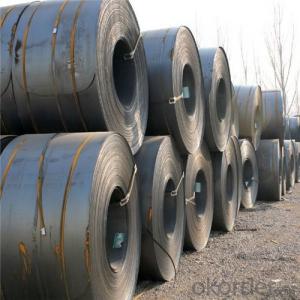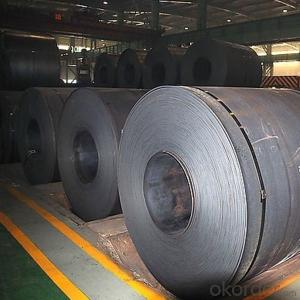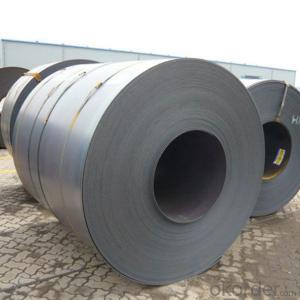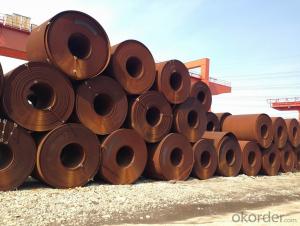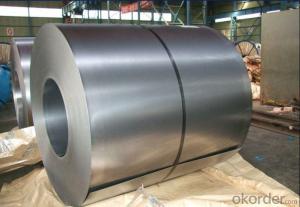Hot Rolled Steel Coil Used for Induxtry with Quality
- Loading Port:
- Tianjin
- Payment Terms:
- TT OR LC
- Min Order Qty:
- 50 m.t.
- Supply Capability:
- 10000 m.t./month
OKorder Service Pledge
OKorder Financial Service
You Might Also Like
Hot Rolled Steel Coil Used for Industry
1.Structure of Hot Rolled Steel Coil Description
Rolled to its final dimensions while it’s hot enough to scale, our hot-rolled steel is an amalgamation of the various qualities of steel. It can be in the form of plates, sheet and coils. Our Hot-Rolled Steel Sheets and Coils are applied to a wide range of uses such as automobile, electrical appliance, machinery manufacturing, container manufacturing, shipbuilding, bridge, pipeline, and receive high acclaim from our customers for its excellent quality.
2.Main Features of the Hot Rolled Steel Coil
•High Purity
•Easy control and operation
•High strength
•Fast melting
•Competitive price
•Best Service
3. Cold Rolled Steel Coil Images
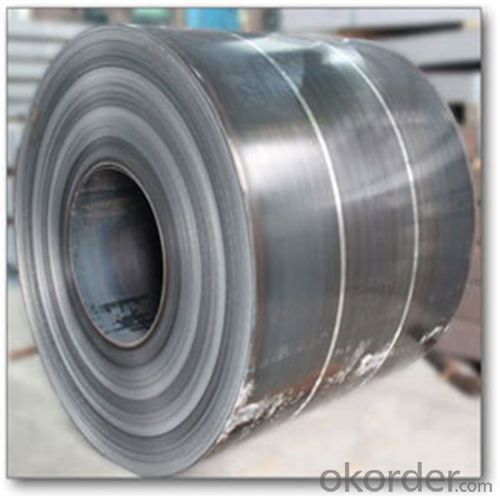
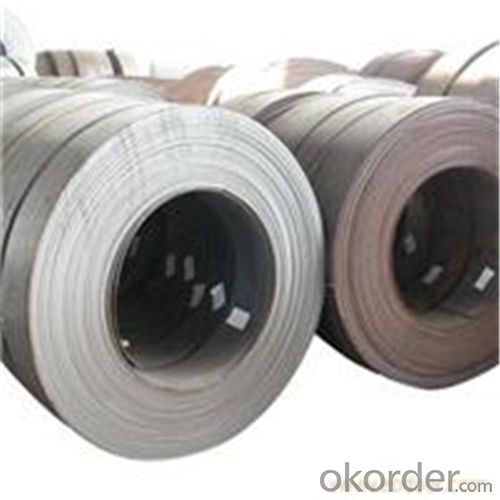
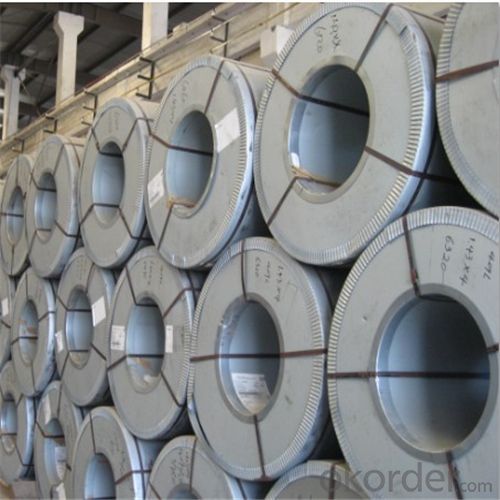
4. Hot Rolled Steel Coil Specification
HOT ROLLED STEEL COIL | |
Thicknenss | 1.5mm-25mm |
Width | 600mm-2000mm |
Sheets length | ---- |
Coil inner diameter | 762mm |
Surface treatement | ---- |
Coil weight | ---- |
5.FAQ of Hot Rolled Steel Coil
We have organized several common questions for our clients,may help you sincerely:
①How about your company?
A world class manufacturer & supplier of castings forging in carbon steel and alloy steel,is one of the large-scale professional investment casting production bases in China,consisting of both casting foundry forging and machining factory. Annually more than 8000 tons Precision casting and forging parts are exported to markets in Europe,America and Japan. OEM casting and forging service available according to customer’s requirements.
②How to guarantee the quality of the products?
We have established the international advanced quality management system,every link from raw material to final product we have strict quality test;We resolutely put an end to unqualified products flowing into the market. At the same time, we will provide necessary follow-up service assurance.
③How long can we receive the product after purchase?
In the purchase of product within three working days, We will arrange the factory delivery as soon as possible. The pecific time of receiving is related to the state and position of customers.Commonly 7 to 10 working days can be served.
- Q: I just got this aftermarket exhaust on my truck and it's recommended that it be welded, but the metal is aluminized steel. How do I mig weld aluminized steel?
- aluminized steel is just std steel with a coating applied to it to keep it from rusting. It welds just like std mild steel. You need to prep the joint and thats it. Use a wire wheel, brush, sandpaper or what ever to clean the joint of the pipes where you will weld. You don't have to get too crazy here. Just a quick brush/wipe with sand paper over the joint and your ready to weld. For mig welding, I would use a 75/25 gas mix, .023 or .030 solid steel wire, around 50-70 amp setting (on most migs this will be #2 heat setting) and around 3/10th to 4/10th wire speed. (some welders will list 0-10, others 0-100, so figure your scale, like 0-10 it would be 3-4, one that list it by 10's then it would be 30-40)
- Q: How are steel coils secured during transportation?
- Steel coils are typically secured during transportation using steel strapping, bands, or wire rope. These securements help prevent the coils from shifting or falling off the transportation vehicle, ensuring their safe delivery to the destination.
- Q: i'm looking into pedal steel guitars, and I would like some suggestions or links and info on what kind i should get.
- Try okorder -The Art of Steel Guitar/ Steel guitar players -Take it away Leon- McAuliffe and 'Speedy West' were a couple greats. In the late '50s, Speedy was playing a Fender 1000 Pedal steel. He often did duets with Jimmy Bryant The Fastest Guitar Player In The Country! / note also the 'Emmons Guitar Company':
- Q: How is the thickness of a steel coil measured?
- The thickness of a steel coil is typically measured using a tool called a thickness gauge, which is capable of accurately determining the thickness of the steel through direct contact.
- Q: What is the average shelf life of a painted steel coil?
- The average shelf life of a painted steel coil can vary depending on various factors such as the quality of paint used, environmental conditions, and storage practices. However, under normal conditions, the average shelf life of a painted steel coil is typically around 1 to 2 years.
- Q: Why is steel so important? How does it help us in everyday life?
- steel comes from iron. Iron is a natural resource and is abundent in nature. so being able to turn it into steel means it can be used for alllll sorts of things! from buildings, cars, piping and tubes, to washing machines, appliances and many other things. its used in our everyday life and is a great, strong material.
- Q: How are steel coils used in the production of building facades?
- Steel coils are commonly used in the production of building facades as they provide strength, durability, and versatility. These coils are typically processed into flat sheets or panels and then cut, shaped, and attached to the framework of the facade. The steel coils can be coated with various finishes or paints to enhance their aesthetic appeal and protect against corrosion. Overall, steel coils play a crucial role in constructing robust and visually appealing building facades.
- Q: What is the average lifespan of a steel coil?
- Several factors can influence the average lifespan of a steel coil. These factors encompass the quality and type of steel utilized, the conditions in which the coil is stored or used, and the maintenance and care it receives. Typically, a steel coil that is well-maintained can endure for approximately 10 to 30 years. Nevertheless, this is merely an approximation, and the actual lifespan can be either shorter or longer depending on the aforementioned factors. For example, if the coil is exposed to severe environmental conditions, such as extreme temperatures or corrosive elements, its lifespan may be diminished. Regular upkeep and proper storage can significantly prolong the longevity of a steel coil. This entails ensuring that the coil is stored in a dry and safeguarded environment, frequently inspecting and addressing any indications of corrosion or damage, and conducting routine cleaning and lubrication as necessary. Ultimately, the average lifespan of a steel coil is contingent upon various factors, and it is advisable to consult the manufacturer or industry experts for a more precise estimation based on specific circumstances and conditions.
- Q: How do steel coil manufacturers handle customer complaints?
- Steel coil manufacturers handle customer complaints by first listening to the customer's concerns and understanding the nature of the complaint. They then investigate the issue thoroughly, often by inspecting the product or reviewing production records. Once the cause of the complaint is determined, they take appropriate actions such as offering replacements, refunds, or repairs. They prioritize open communication with the customer, ensuring that their concerns are addressed promptly and professionally. Additionally, manufacturers may use customer feedback to improve their processes and prevent similar issues in the future.
- Q: How do steel coils compare to other materials?
- Steel coils have several advantages over other materials. Firstly, steel is known for its high strength and durability. This makes steel coils highly resistant to wear and tear, making them suitable for a wide range of applications. Additionally, steel coils have excellent heat resistance, making them ideal for use in high-temperature environments. Furthermore, steel coils have superior corrosion resistance compared to many other materials. This is especially important in industries such as construction and automotive, where exposure to moisture and chemicals is common. Steel coils can withstand these harsh conditions, ensuring long-lasting performance and reliability. Another advantage of steel coils is their versatility. Steel can be easily molded into various shapes and sizes, allowing for customization and flexibility in design. This makes steel coils suitable for a wide range of applications, including manufacturing, construction, transportation, and energy industries. Moreover, steel coils offer good value for money. Despite their numerous benefits, steel coils are generally more affordable compared to other materials such as aluminum or copper. This makes steel coils a cost-effective choice for businesses and industries looking for high-quality and reliable materials. In summary, steel coils have several advantages over other materials. They offer high strength, durability, and heat resistance, along with superior corrosion resistance. Steel coils are also versatile and can be easily customized to suit different applications. Additionally, they provide good value for money. Overall, steel coils are a reliable and efficient choice for various industries and applications.
Send your message to us
Hot Rolled Steel Coil Used for Induxtry with Quality
- Loading Port:
- Tianjin
- Payment Terms:
- TT OR LC
- Min Order Qty:
- 50 m.t.
- Supply Capability:
- 10000 m.t./month
OKorder Service Pledge
OKorder Financial Service
Similar products
Hot products
Hot Searches
Related keywords
